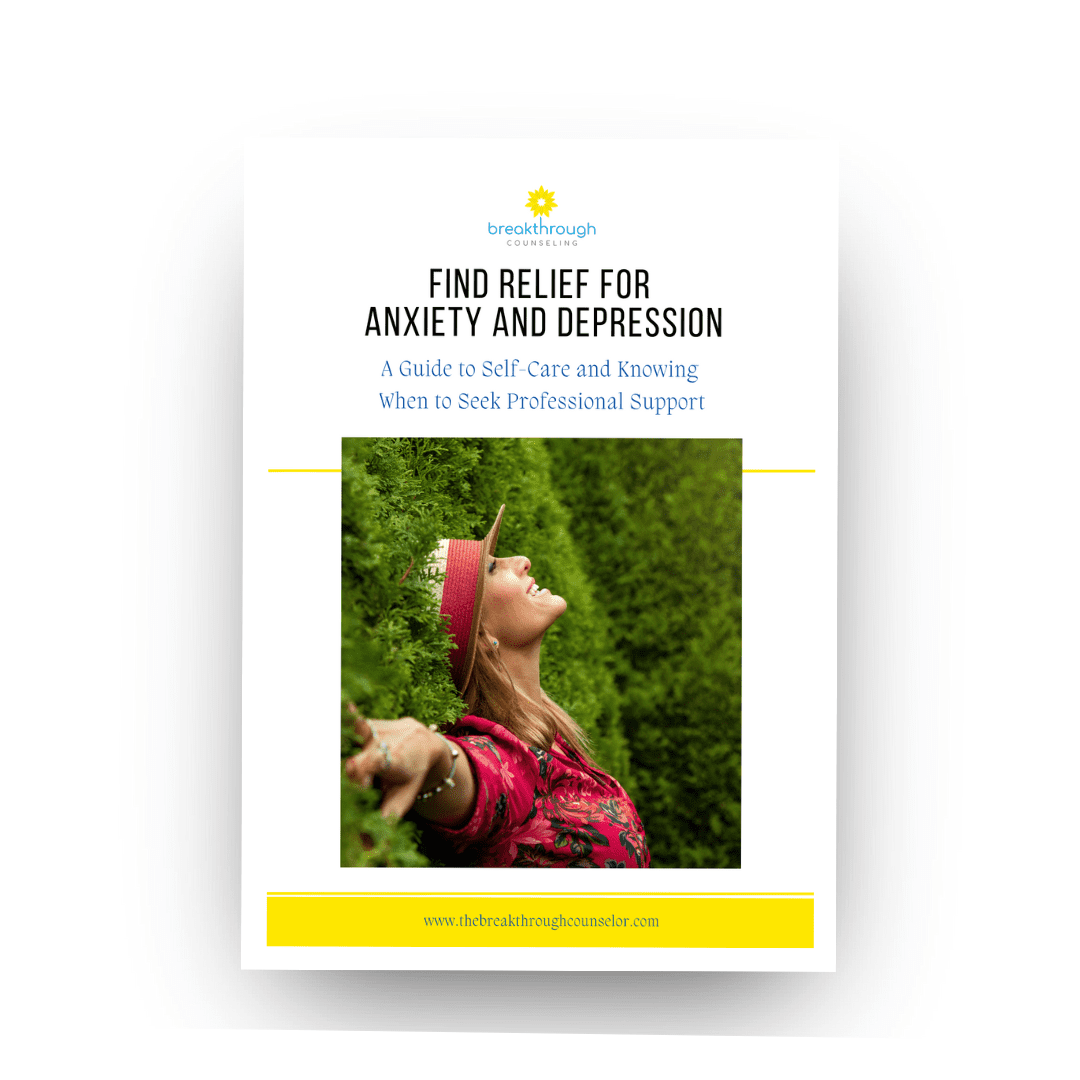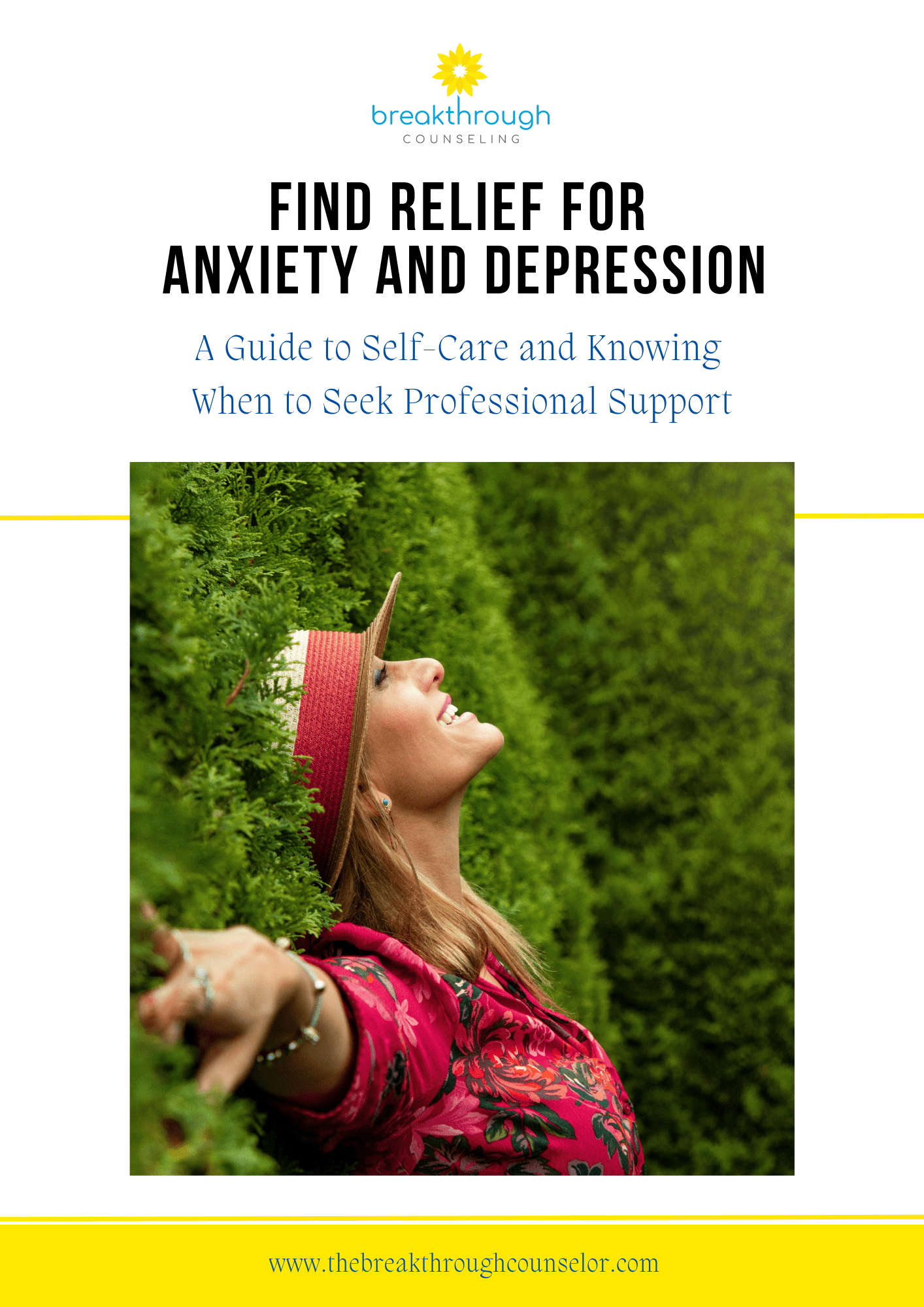If you’ve ever felt anxious and then immediately thought, Wait, I’m a Christian—I shouldn’t feel this way. You’re not alone. I’ve had those thoughts and feelings too.
Many believers wrestle with anxiety, and it can be especially challenging when we read scriptures like Philippians 4:6: “Do not be anxious about anything, but in every situation, by prayer and petition, with thanksgiving, present your requests to God.”
That’s a powerful verse. When you’re in the middle of a sleepless night, heart racing, thoughts spiraling, you might be wondering, How do I just stop feeling anxious?
Let’s talk about it—honestly, practically, and compassionately.
What Is Anxiety, Really?

Let’s get one thing straight: Anxiety is not a sign of weak faith. It’s not just “worrying too much” or “not trusting God enough.” The American Psychological Association (APA) defines it as “an emotion characterized by feelings of tension, worried thoughts, and physical changes like increased blood pressure” (APA). It’s part of how God designed us to respond to stress—but sometimes, that response becomes overwhelming or happens at a time that doesn’t match what’s really going on.

The Reality: Christians Experience Anxiety
Anxiety disorders are the most common mental health struggle in the U.S., affecting 40 million adults (19.1%) every year. And here’s the thing: Christians are included in that number.
I’ve worked with many believers who experience symptoms like racing thoughts, a feeling of unease, irritability, and physical symptoms like sweating, insomnia, or a pounding heart. If that’s you, I want you to hear this loud and clear: there is hope.
But Doesn’t the Bible Say Not to Be Anxious?
You might be thinking, But doesn’t the Bible say not to be anxious? Yes, Philippians 4:6 tells us, “Do not be anxious about anything.” Do you think it means that we’re expected to just flip a switch and stop feeling anxiety altogether. Does that happen with our other feelings?
It isn’t a command meant to shame us. Paul is not saying, If you feel anxiety, you’re sinning. He’s reminding us that when anxiety shows up (and it will), we have a place to bring it: straight to God in prayer.
Here’s something that brings me comfort: God designed us with feelings. We’re created in His image, and throughout scripture, we see God expressing emotions—love, joy, grief, even righteous anger.
Feeling anxious doesn’t mean you’re failing as a Christian. In fact, throughout scripture, we see even the most faithful followers of God experience deep fear, stress, and uncertainty. But we also see a pattern: God invites us to bring it all to Him.
So, How Can a Christian Find Stress Relief?
As a psychologist, I see lots of research that mindfulness can help reduce anxiety. But I also know some Christians feel hesitant about it—because of concerns about its origins, the focus on the self, or the lack of spiritual anchoring.
That’s why I became very interested in Christian mindfulness.
John Trent and Regina Chow Trammel integrate the concept of mindfulness with biblical principles, emphasizing that Christian mindfulness as distinct from secular mindfulness in its ultimate focus on God rather than the self.
What’s the Difference Between Mindfulness and Christian Mindfulness?

Christian mindfulness practices encourage us to:
- Connect with God in the here and now, recognizing that He is actively present in our lives
- Focus on scripture verses and express gratitude for who God is and what He does
- Experience a deeper relationship with Jesus
- Renew our minds by reflecting on God’s truth and surrendering worries to Him
what’s the Difference Between Mindfulness and Christian Mindfulness?

Christian mindfulness practices encourage us to:
- Connect with God in the here and now, recognizing that He is actively present in our lives
- Focus on scripture verses and express gratitude for who God is and what He does
- Experience a deeper relationship with Jesus
- Renew our minds by reflecting on God’s truth and surrendering worries to Him
Without the Christian lens, mindfulness emphasizes being present in the moment and observing one’s thoughts, feelings, and sensations without judgment. It’s often rooted in Buddhist practices and the primary goal is to achieve a state of awareness, inner peace, or detachment from thoughts and distractions. Mindfulness is seen as inward-focused, encouraging practitioners to look within themselves for understanding, peace, or healing.
Trent & Trammel stress that Christian mindfulness is not about detaching from the world or looking inward for peace but about engaging with life in a God-centered way. It’s a relational practice that strengthens trust in God and awareness of His work in one’s life.
The World Is Stressful—Even If Your Life Is Good
Even if your personal life is going well, the world around us is stressful. The news is heavy. Social media is overwhelming. And let’s be real—life throws curveballs. It makes sense that anxiety creeps in. The good news? You don’t have to deal with it alone.
Be Still: A Group for Christians Seeking Help for Anxiety
Be Still: A Group for Christians Seeking Help for Anxiety

I’ve seen the power of faith-centered mindfulness, and that’s why I’m now offering Be Still, a 6-week online group therapy program for Christians who want to reduce stress and anxiety through Christian mindfulness practices. This program blends science-backed techniques with biblical truth, helping you find real, lasting peace.
What’s Next?
If this resonates with you, here are three ways to take the next step:
- Join the Waitlist for “Be Still” – Get on the list for the next session. Sign up here.
- Download a Free Resource – Find Relief for Anxiety and Depression offers practical steps you can start using today.
- Schedule a Complimentary Consultation – Let’s chat about what’s been weighing on you and see if Be Still and/or individual therapy is a good fit for you.

You don’t have to figure this out alone. Anxiety doesn’t make you less of a Christian—it makes you human. And God, in His goodness, has provided ways for us to find peace, even in the storm.
Ready to take a step toward that peace? Learn more here: thebreakthroughcounselor.com/group-therapy




0 Comments